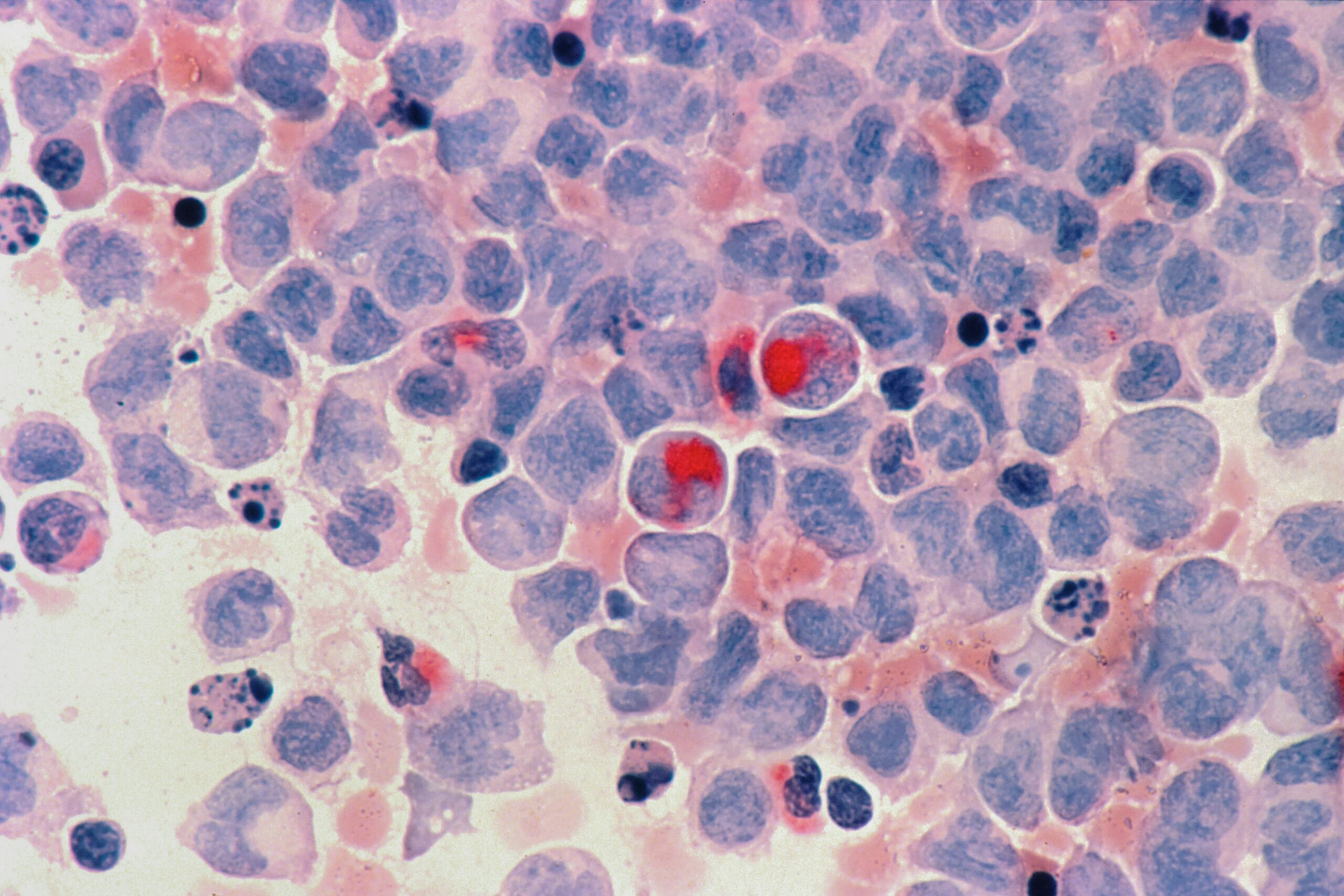In a groundbreaking development in the field of oncology, recent advancements in blood-based cancer detection have opened new possibilities for early diagnosis and treatment. The emergence of innovative blood tests, such as the Galleri test developed by Grail, represents a significant milestone in the fight against cancer.
The Galleri test, along with several others in various stages of development, harnesses cutting-edge technology to analyze biological substances in the blood that may indicate the presence of cancer. These tests have shown remarkable potential in detecting early-stage cancers, including those that often go undetected until they reach an advanced stage.
For patients like Cindy Perez of Southwest Ranches, Fla., the Galleri test proved to be a lifesaving intervention. Despite feeling fine, Cindy’s test results revealed a positive indication of mantle cell lymphoma, a rare and aggressive form of cancer. Thanks to early detection through the Galleri test, Cindy received timely treatment and is now in remission.
The development of these blood-based cancer detection tests is made possible by recent scientific and technological advancements, including breakthroughs in tumor biology and machine-learning tools. By identifying cancer signals in the blood, these tests offer a non-invasive and potentially more accessible approach to cancer screening.
While these blood tests are not intended to replace standard screening methods such as colonoscopy or mammography, they complement existing approaches by detecting cancers that may not be easily identified through traditional screening methods. Additionally, these tests hold promise in detecting “silent” cancers, such as pancreatic or ovarian cancer, which often present few or no symptoms until the disease has progressed.
Despite the promising potential of blood-based cancer detection tests, experts emphasize the need for further research to evaluate their long-term impact on patient outcomes. It is essential to understand whether early detection through these tests translates into improved survival rates and reduced mortality.
As researchers continue to refine and validate these technologies, blood-based cancer detection tests have the potential to revolutionize cancer screening and contribute significantly to improved patient care. With ongoing advancements in oncology, we are one step closer to a future where cancer can be detected earlier, treated more effectively, and ultimately, overcome.

































